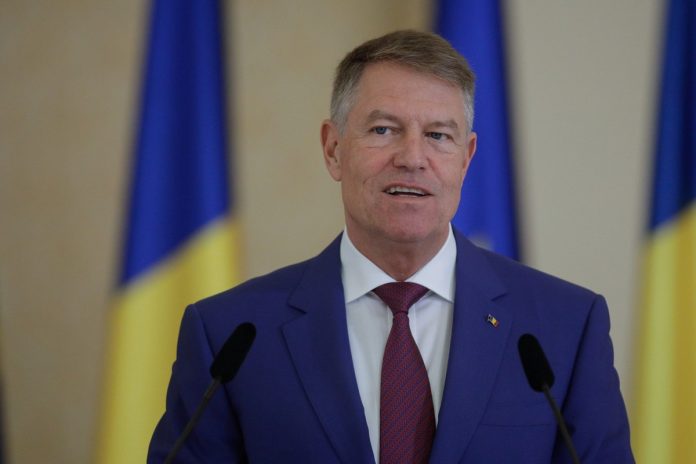Statistics from 2023 show that 30% of Romanians fall within the minimum level of financial literacy, which is not the direct consequence of recent developments, but the effect in time of financial training deficits, according to a speech by President Klaus Iohannis delivered at the second edition of the Financial Education Forum on the digital safety of users of financial products and services.
„The complexity of financial services in the context of new technologies makes it imperative, at national level, for awareness and information campaigns on this level, which contribute to reducing risks for users of financial products and services. It is not enough to acknowledge the population’s need for financial guidance and training. It is our duty to facilitate access of every Romanian to training in this area, so that the public can make correct and informed decisions regarding personal finances. The structural challenges that have plagued Romania’s economy for years, accentuated by the overlapping crises of recent years and the persistence of a low degree of financial intermediation, have widened the gaps between expectations and results. Statistics from 2023 show that 30% of Romanians fall within the minimum level of financial literacy. Obviously, that is not the direct consequence of recent developments, but the effect over time of financial training deficits,” reads the President’s speech, delivered by presidential adviser Cosmin Marinescu.
Financial inclusion data in Romania show that the vast majority of respondents use a bank account and bank online, which indicates a favourable level of financial inclusion. However, Iohannis argues that this discrepancy between easy access to banking services and the deficit in financial education is worrying.
The President adds that the prosperity of a society is expressed not only through economic indicators, but also through the skills the population possesses. Only that way, armed with the necessary financial knowledge, can people adopt healthy economic behaviours, manage financial risks and rigorously evaluate public policy measures. For citizens, protecting money starts with understanding the market economy and financial instruments, assessing entrepreneurial risks, understanding the causes and effects of inflation or the implications of the budget deficit in the economy. However, financial education achieves its goal when the accumulation of knowledge involves the affirmation of economic behaviours.
According to him, investing in financial education means investing in Romania’s economic future.
During the event, Iohannis awarded a series of decorations. Thus, as a sign of appreciation for the special merits in their fields of expertise and for their contributions to promoting economic and financial education by disseminating specific knowledge and developing responsible economic behaviours, President Klaus Iohannis awarded a Commander medal of the Industrial and Commercial Merit Order to the Bucharest School of Economics (ASE); an Officer medal of the Industrial and Commercial Merit Order each to the Bucharest Stock Exchange, the Romanian Association of Banks and the Romanian Banking Institute, and a Knight medal of the Industrial and Commercial Merit to the Institute of Financial Studies. AGERPRES




